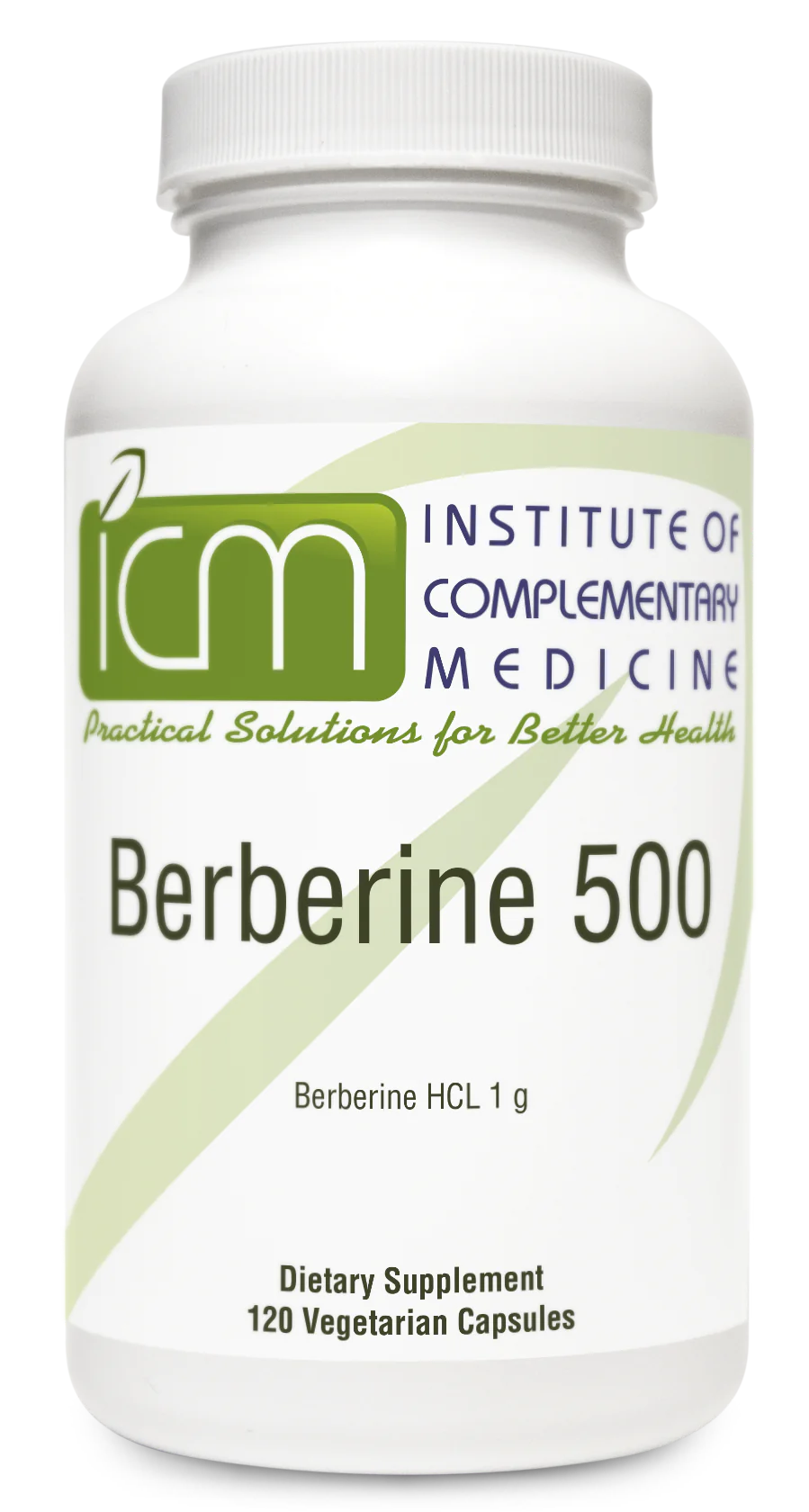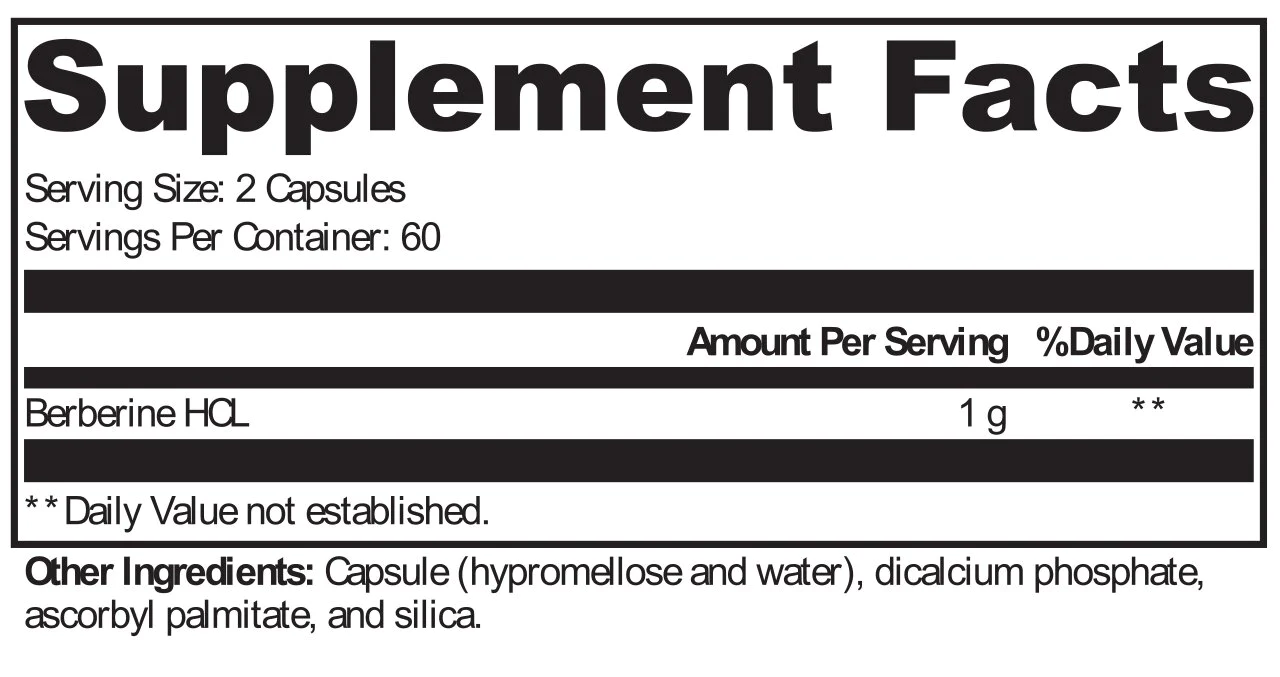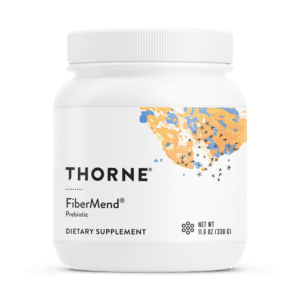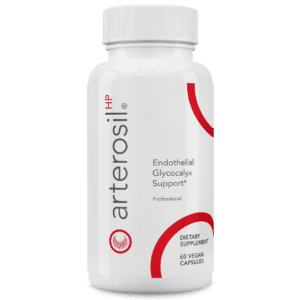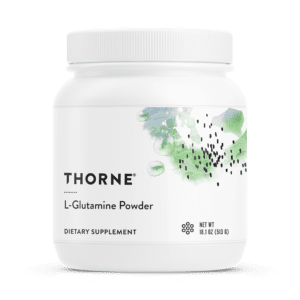Berberine-500 120vcaps (Berberine)
$76.50
Berberine 500 is a naturally occurring plant alkaloid broadly used in traditional ayurvedic and Chinese herbal practices with demonstrated benefits for blood glucose and lipid metabolism. In addition, it is used to support gastrointestinal and immune health.*
Clinical Applications
• Supports Healthy Blood Glucose and Lipid Metabolism*
• Supports Gastrointestinal Health*
• Supports Immune Health*
Discussion
Berberine 500 is a plant alkaloid derived from several different plant species that have been traditionally used in Ayurveda and traditional Chinese medicine for a variety of therapeutic applications. Modern clinical use as well as published in vivo, in vitro, and animal research studies have demonstrated a role for Berberine 500 in supporting healthy blood glucose and lipid metabolism as well as positively impacting gastrointestinal health.*[1-5]
One of the most time-honored uses of Berberine 500 is as a traditional remedy for loose bowels. Although the exact mechanism isn’t clear, the beneficial use of Berberine 500 for this purpose has been attributed in animal and in vitro studies to its antisecretory effect and to its support of healthy microbial activity in the gastrointestinal (GI) tract.[6-8] Preliminary human clinical studies in India in the 1960s, followed by a slew of research in the 1980s, have helped to establish an evidence base for these effects. In a randomized controlled trial in subjects with watery stools thought to be caused by certain strains of bacteria, it was found that a single 400 mg dose of Berberine 500 resulted in significantly reduced stool volume in the test group.*[9]
While widely used for its effect on loose bowels, Berberine 500 was serendipitously discovered to have an effect on blood glucose metabolism in studies using it to ease GI upset in diabetic patients. Subsequent research has since established Berberine 500’s effect on blood glucose metabolism followed by lipid metabolism.[10] Although the mechanisms underlying these beneficial effects are not entirely clear, it has been hypothesized that the modulation of gut microbes may be one mechanism by which Berberine 500 affects blood glucose metabolism.[11] Results from animal and in vitro studies suggest that Berberine 500 moderates glucose and lipid metabolism through a multi-pathway mechanism that includes adenosine monophosphate activated protein kinase (AMPK), the c-Jun N-terminal kinase (JNK) pathway, and the peroxisome proliferator-activated receptor (PPAR)-alpha pathway.[2,10] Separate research on AMPK reports that the activation of the AMPK pathway stimulates glucose uptake and fat oxidation while suppressing lipogenesis and gluconeogenesis.[12] Berberine 500 is also believed to be involved in the regulation of pancreatic beta cell function, and it has been observed to inhibit the expression of disaccharidases in the duodenum, resulting in less glucose being formed from carbohydrate digestion.*[13]
Although more research is needed to evaluate the effects of Berberine 500 in healthy subjects, several trials have assessed the hypoglycemic effect of Berberine 500 as an adjuvant to existing treatments. These studies were primarily in subjects with type 2 diabetes who were administered doses ranging from 1,000 to 1,500 mg per day. The results demonstrated a reduction in HbA1c, fasting blood glucose, and post-prandial plasma glucose levels.*[1]
A wide range of studies have also demonstrated that Berberine 500 provides cardiovascular benefits due to its lipid-lowering effect. According to the results of several studies including a meta-analysis of 27 clinical trials with over 2,500 participants, Berberine 500 doses ranging from 500 mg to 1,500 mg per day had a positive benefit on lipid profile cardiovascular markers, including LDL cholesterol, HDL cholesterol, and triglyceride levels.*[1,4,14,15]
In addition to the well-established effects reviewed above, Berberine 500 has been shown in animal and in vitro models to affect the function of the immune system. Research studies reveal that Berberine 500 alkaloids have an immunomodulatory effect through a shift in cellular immune response to Th2, Treg induction, and stimulation of IL-4 and IL-10.[16] The immunomodulatory effect of Berberine 500 on neuroprotective activity has also been well-explored.*[17]
Institute of Complementary Medicine’s Berberine 500 contains 1,000 mg of Berberine 500 hydrochloride (HCl) derived from Berberis aristata, commonly known as Indian barberry. This multidimensional formula is designed to provide support for blood glucose and lipid metabolism while also promoting gastrointestinal and immune support.*
Directions
Take two capsules twice daily, or as directed by your healthcare professional.
Consult your healthcare professional before use. Individuals taking medication should discuss potential interactions with their healthcare professional. Do not use if tamper seal is damaged.
Formulated To Exclude
Wheat, gluten, corn, yeast, soy, animal and dairy products, fish, shellfish, peanuts, tree nuts, egg, ingredients derived from genetically modified organisms (GMOs), artificial colors, artificial sweeteners, and artificial preservatives.
*Follow recommended dosing or use as directed by your healthcare practitioner. Individuals taking medication should discuss potential interactions with their healthcare practitioner prior to use. These statements have not been evaluated by the Food and Drug Administration. These products are not intended to diagnose, treat, cure, or prevent any disease.
Description
Description:
Berberine is an alkaloid that is present in a number of plants, including Berberis vulgaris (barberry), Berberis aristata (tree turmeric), Berberis aquifolium (Oregon grape), Hydrastis canadensis (goldenseal), and Coptis chinensis (goldthread). This important plant extract demonstrates important benefits for glucose metabolism, maintenance of healthy lipid levels, insulin sensitivity, cardiac support, weight management, gastrointestinal health, immune modulation, and cognitive support.*
Supplemental Facts:
Two Capsules Contain:
Berberine HCl (from Indian Barberry extract) (root) (Berberis aristata) 1 g
Other Ingredients: Hypromellose (derived from cellulose) capsule, Microcrystalline Cellulose, Silicon Dioxide, Leucine.
Berberis Concentrate Berberine HCl 85%.
Suggested Use:
Take 1-2 capsules two times daily or as recommended by your health-care practitioner.
Servings Per Container: 30



